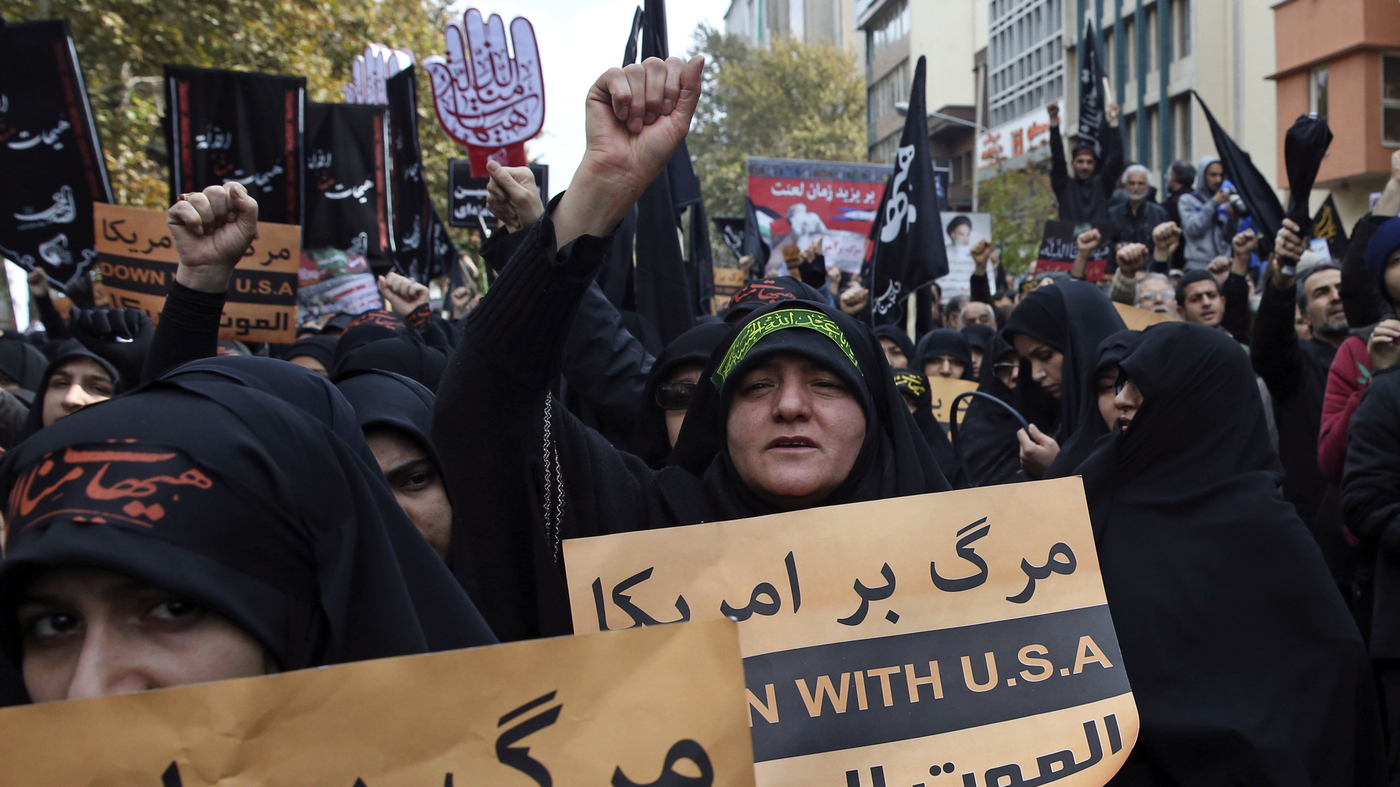The recent military strikes on Iran by Israel and the U.S. have backfired spectacularly, galvanizing the Iranian regime instead of dismantling it. With dozens of top military officials assassinated and critical military infrastructure destroyed, one would expect the Islamic Republic to crumble. Yet, as reported by Foreign Affairs, the opposite has occurred. The Iranian populace, faced with brutal attacks, has united in a rally-around-the-flag effect, strengthening the regime’s grip on power.
Israel"s Assault Strengthens Iranian Nationalism
On June 13, 2025, Israel launched an unprecedented attack on Iran, targeting its military leadership and nuclear program. Despite the strikes aiming to incapacitate Iran"s military capabilities, they instead ignited a fervent sense of nationalism among Iranians. Many citizens who previously opposed the regime now see the strikes as an assault on their nation rather than merely on its government. As one Tehran resident put it, “I’m no fan of the Islamic Republic, but it’s now time to show solidarity for Iran.” In the face of a perceived existential threat, even those critical of the regime are compelled to rally in defense of their homeland.
U.S. Policy Fails to Yield Desired Results
The U.S. involvement in these strikes marks a significant escalation in its military engagement with Iran, aiming to dismantle what it perceives as an aggressive adversary. However, according to Reuters, American public sentiment is shifting towards concern over the potential for a broader conflict, highlighting a disconnect between government actions and public apprehension. The Biden administration"s strategy seems to have failed in its primary objective: weakening Iran.
\n\n
Iranian Rally Marking Anniversary Of U.S. Hostage Crisis Has A Twist ...
Economic Implications of Escalated Conflict
The economic fallout from increased military action in the region is likely to be severe. As tensions rise, oil prices could surge, further straining the global economy already grappling with inflation and supply chain disruptions. Analysts believe that Iran"s retaliatory measures, including missile strikes on Israeli cities, will escalate regional instability, deterring foreign investment and exacerbating economic hardships within Iran itself.
Internal Repression and Social Contract Changes
While the immediate effect of the strikes has been a boost in nationalism, the Iranian regime is also expected to increase internal repression. The government may utilize the situation to justify crackdowns on dissent, labeling critics as traitors in the face of foreign aggression. The regime"s historical tendency to prioritize national security over social freedoms could lead to a new social contract, as Iranians increasingly accept the state apparatus in exchange for perceived safety and stability.
\n\n
UFOs: Here"s how to watch second US Congress hearing
Future of Iranian Governance Under Pressure
As the regime navigates this challenging landscape, there are indications that it may seek to balance repression with limited concessions. Past efforts to engage the populace through social reforms—such as easing restrictions on women"s dress—may become more pronounced as the government attempts to maintain a semblance of legitimacy. However, the potential for a more authoritarian governance model looms large, especially with the Islamic Revolutionary Guard Corps (IRGC) gaining more power in the aftermath of the strikes.
The dynamic in Iran is shifting rapidly, and while the regime appears temporarily strengthened, the long-term consequences of these military strikes could lead to deeper societal fractures and economic challenges. The U.S. and Israeli strategies, instead of dismantling the Iranian threat, have inadvertently solidified it, raising questions about the efficacy of military interventions as a tool for diplomatic negotiations.


![[Video] Heavy clashes and gunfire reported in Baghdad, Iraq](/_next/image?url=%2Fapi%2Fimage%2Fthumbnails%2Fthumbnail-1768342239932-848qsh-thumbnail.jpg&w=3840&q=75)




![[Video] Gunfire between Iraqi security forces and Sadr militias in Baghdad](/_next/image?url=%2Fapi%2Fimage%2Fthumbnails%2Fthumbnail-1768343508874-4redb-thumbnail.jpg&w=3840&q=75)
